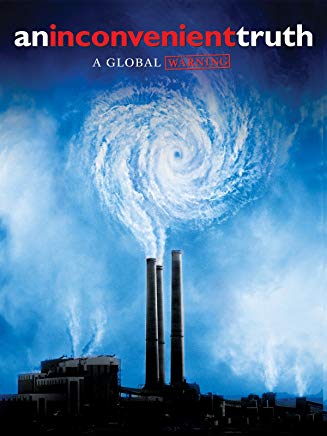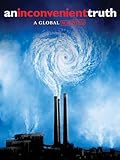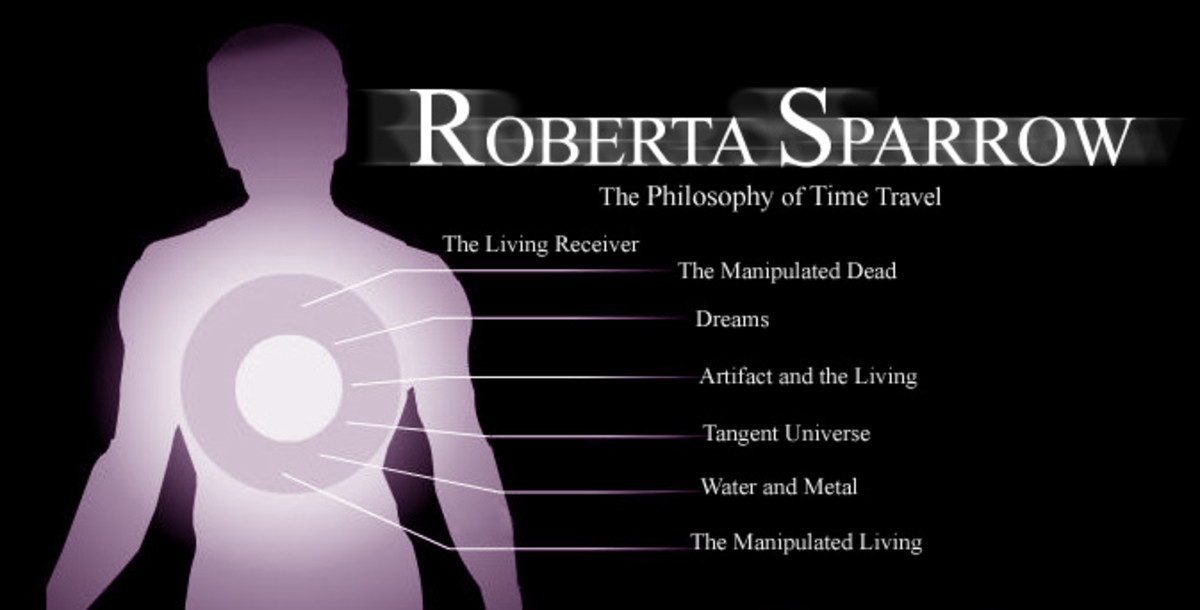An Inconvenient Truth: A Film Analysis on Preservation
An Inconvenient Truth by Davis Guggenheim

An Inconvenient Truth: An Appeal to Earth’s Preservation
Background
Anchoring on global warming and environmental issues, An Inconvenient Truth reveals the glaring reality that humanity must face and the role it has to take to protect what remains to be left of the world as directed by Director Davis Guggenheim produced in 2006 (www.imdb.com, 2014). It is not a documentary to bring panic and despair but a reminder that we have to work together to protect the resources that we are given and at the same time protect the earth which was given to us and to be given to the next generation. In this case, An Inconvenient Truth is indeed an effective documentary of reality about the alarming case of the earth which appealed to the logical senses and emotive aspects of the viewers.
The Movie’s Motive
The central message of the documentary is about the glaring effects of ignored global warming which causes extreme climate change and the melting of the icebergs in the polar region. It was stated that “many people today assume mistakenly that the Earth is so big that we humans cannot possibly have any major impact on the way our planet’s ecological system operates,” (Gore, 2006). In this case, people are reminded of the impact of their actions on the destruction or preservation of natural resources and Mother Earth.
The possible bias of the film here is the figure of the main personality that highlights Al-Gore himself. Having established that he is a former vice president, it cannot be refuted that there are political motives behind this documentary despite the seemingly genuine concern about the impending crisis that our planet experiences. There are bigger chances that there are political influences and motives that Al-Gore might be bringing along with it. Aside from that, the film is primarily created by Americans; hence, the perspective and angle are limited to their lenses and their priorities. There would be chances that they would just be considered the factors favorable to them since they would not pepper the documentary with politically-related environmental issues to ruin their reputation as a superpower. With that, it can be asserted that the angles taken were those favorable to them.
The filmmakers desired to give the audience an impetus to start acting on the problem immediately since there would not be any change that will happen if nobody will start acting about the major environmental concerns that we are currently experiencing. The presentation of the reality and emphasis on the possible disasters that may transpire with prolonged carelessness and thoughtlessness on the actions that we do in using natural resources will tap into the conscience of the audience and touch their sense of environmental morality to stop doing the abusive actions they do and start doing what could be good for the environment. The people behind this work aspire to make people do concrete moves toward the problem that cannot be solved by just a single organization or small group of people. The problem needs the massive effort of all the involved beings on the planet.
Ill-Logical or Illogical?
The film appeal to the viewers through the presentation of evidence and statistics on the environmental problems we are faced. Various sources were presented to make the argument logical, defendable, and believable. It is quite natural for people to believe only what is backed up with concrete evidence and facts. Without sufficient evidence, they would not appear credible enough. By appealing to the sense of reasoning and logic, the emphatic aspect of the person would then be easily penetrated already.
Given this, upon tapping on one’s logic, it will haunt the viewer’s consciousness by activating the guilt by presenting the effects of the actions that people are doing. Since these actions are fairly done by many people, a lot of viewers will feel guilty about those things because they themselves will be more likely to do it as well.
With the firm establishment of the information at the logical level, the emotions and appeal to the conscience would be easily achieved. The emphasis on the idea that the viewer could always make a difference about the problem will create an echo in the mind of the individual which will cause him to think about the issue in a prolonged manner or even cause him to move. Aside from this, Al Gore also mentions his personal accounts like that of the case of his son who had a serious accident (Gore, 2006). This love for children's appeal and consideration for the next generation will surely touch the parents as well as those who are primarily concerned with the next generation. Their love and concern will be made used to move since what is being presented is that their loved ones will suffer in the future if they fail to do their roles in saving the planet.
My Personal Take
Personally speaking, I feel guilty about my irresponsibility in solid waste management and handling the resource that I have. Based on what I saw, I am a contributor to the problem that we are presented with and I have the responsibility and the capability to reverse my evil doings.
The film primarily fortified its primary proposition through the use of various facts and statistics on the situation of the environment and the possible calculation of its effects using a scientific basis. One of which is statements like the following: “In Antarctica, measurements of carbon dioxide concentrations and temperatures go back 650,000 years. At no point in the last 650,000 years before the pre-industrial era did the carbon dioxide concentration go above 300 parts per million (ppm). Where carbon dioxide is now--350 ppm--is way above anything measured in the prior 650,000-year record.” Upon reading this statement, the reader will imagine how much he or she contributes to this immense impact of carbon dioxide on Antarctica (67). The appeal to logic works well since it soon taps the emotional aspect. Upon having these two factors of a person, action will follow.
The weakness may fall on the idea that the person who is pushing the idea is a politician and a major personality in the government. The real motive behind the creation of the documentary might be doubted by the presence of a politician. Aside from this, the very presence of Al Gore can serve as a distraction since it could be suspected that this documentary is fodder for political discourse aside from the fact that Gore is seen to be a stiff and humorless speaker whom people could not really take seriously (Scott, 2014).
Conclusion
The documentary has been successful in making use of the statistics and the emotions drawn by the realistic situations and information giving a strong impetus to an individual to do his part in the preservation of the Earth. The film left me with a challenge to move as an individual and to initiate actions in my own community so that little by little, the alarming case of global warming and the destruction of natural resources will be resolved with unified efforts to hurdle over the impending disasters that may arise from the careless exploitation of Mother Earth. I would definitely recommend it to anyone even to elementary students since this documentary is an eye-opener that every human being with understanding capabilities for them to stop what they are doing to our planet. Aside from the facts presented, it shakes the consciousness of everyone about the gravity of global warming and its possible effects that would lead us to nothing but regret if we persist to do things our way.
References
“An Inconvenient Truth.” Imdb. 1 Jan 2014. Web. 10 Dec. 2014. <http://www.imdb.com/title/tt0497116/plotsummary>.
Gore, Al. 2006. The Planetary Emergence of Global Warming and What We Can Do About it. n.p. Print.
Scott, A.O. “Warning of Calamities and Hoping for a Change in ‘An Inconvenient Truth.” The New York Times. 24 May 2006. Web. 10 Dec. 2014. <http://www.nytimes.com/2006/05/24/movies/24trut.html?_r=0>.









